Murdoch Children's Research Institute celebrates International Day of Women and Girls in Science
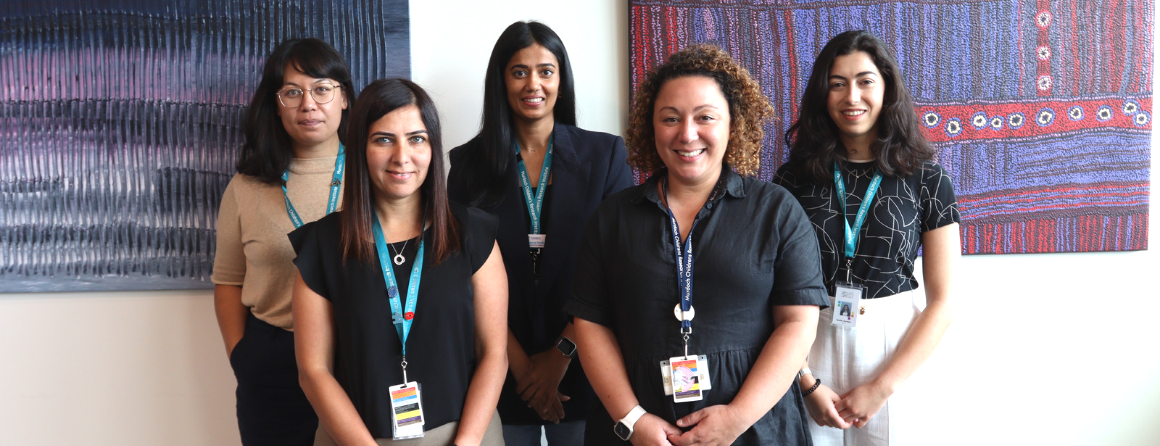
The International Day of Women and Girls in Science, observed on Saturday, February 11, 2023, celebrates the essential role that women and girls play in science and technology and promotes their full and equal access and participation in STEM (science, technology, engineering and math). A day highly relevant and important to our purpose at Murdoch Children's Research Institute – for all children to have the opportunity to live a healthy and fulfilled life.
We spoke to five dynamic Murdoch Children's researchers to celebrate this day and inspire the next generation of young women and girls to become scientists.
We asked them what motivated them to choose a career in science and what advice they have for younger girls and women considering a career in this field.
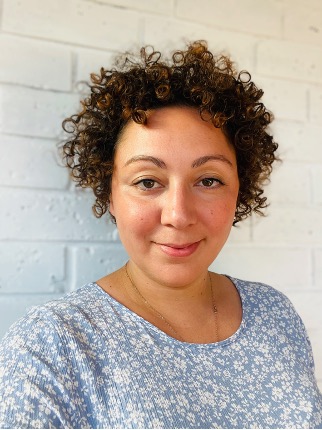 Researcher: Dr Chantal Attard
Researcher: Dr Chantal Attard
Research Area: Clinical Sciences
What is your role at Murdoch Children's?
I'm a senior research officer in the Haematology Research Group. I work across a wide breadth of research with a fundamental focus to
1) Improve the lives of children who suffer from bleeding and clotting diseases, and
2) Utilise what we learn about childhood physiology to minimise the burden of disease in adulthood.
Outside of Murdoch Children's, I am an executive director for the Australian Society for Medical Research (ASMR), where we advocate for the medical research sector to be appropriately funded and to support equity across the sector.
What inspired you to pursue a career in science and research?
Curiosity to understand the world around me. I have always been excited by scientific discovery and the joy of continuous learning.
What advice do you have for younger girls and women considering a career in this field?
Go and try new things. Don’t be quick to commit to one career or research area. Expand your horizons by meeting new people and getting experience in a broad range of areas. I found my passion in an area of research I had never once considered when I was doing my schooling. Finally, go out and find great role models. Never underestimate the importance of seeing other women pursue careers in your passion area. If they can do it, you can too.
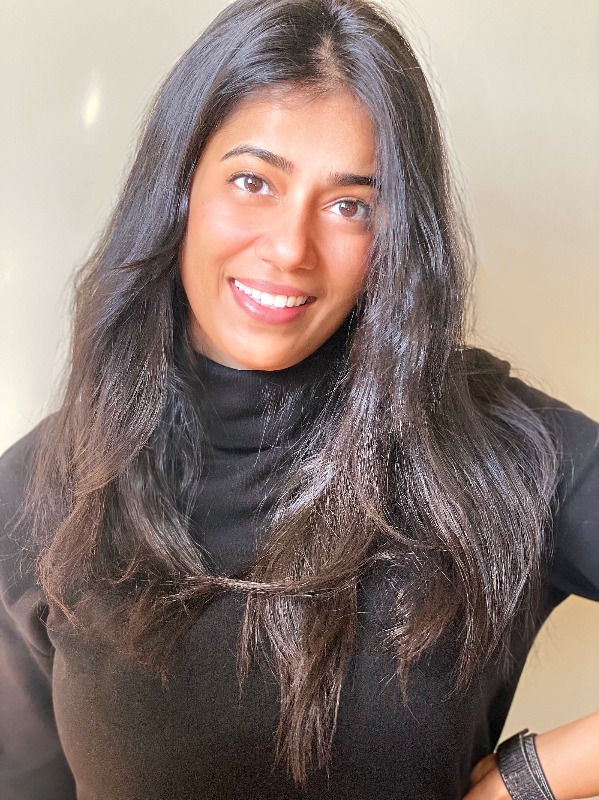 Researcher: Dr Aishwarya Shetty
Researcher: Dr Aishwarya Shetty
Research Area: Infection and Immunity
What is your role at Murdoch Children's?
As part of my role at CHA and CHAIR at MCRI, the goal is to utilise the enormous potential of data to revolutionise and advance the future of healthcare. At the centre, I lead the SAFESIG GP project, which utilises large general practice datasets to detect vaccine safety issues faster than before and help maintain community and provider confidence in the immunisation program.
What inspired you to pursue a career in science and research?
To me, science is fun. It involves constant learning and evolving. Simply put, it is the simplification of the complex unknowns and a career in science means I am part of the outstanding advancements we're yet to witness.
What advice do you have for younger girls and women considering a career in this field?
Obstacles are a part of life, and sure, you will experience them on your journey, but don’t let them discourage you, the journey will make you appreciate the destination more. If science is where you want to be, then you have to be here, YOU need to make it happen. A career in science is beautiful, and there is absolutely no doubt that it needs you.
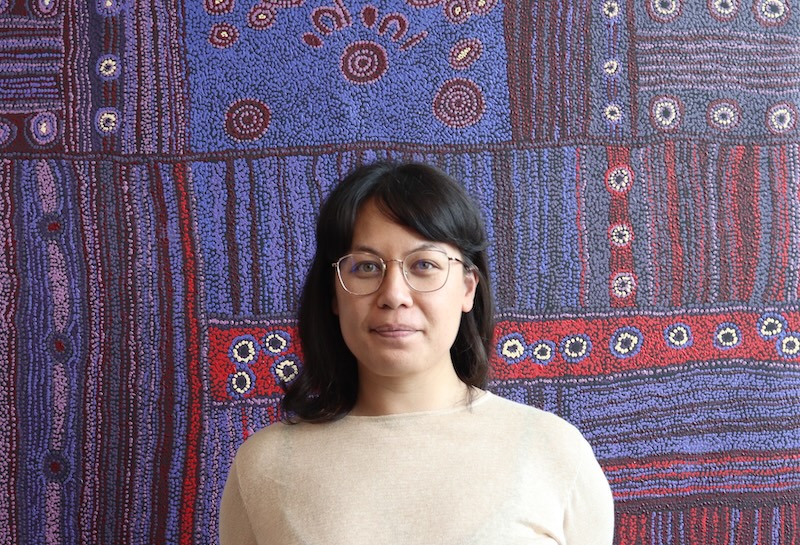 Researcher: Rowena Coe
Researcher: Rowena Coe
Research Area: Population Health
What is your role at Murdoch Children's?
I have two roles in the Intergenerational Health group. I am a Research Coordinator in the Refugee and Migrant Health Program and Co-Leader of the Stronger Futures CRE Communications Team.
My background is in midwifery and visual communication.
What inspired you to pursue a career in science and research?
Our team’s work advocating for equity-oriented, anti-racist maternity care for women and families of refugee and migrant backgrounds in Australia is what motivates me to work in research. It is an honour to work alongside a team of people who foster creativity and do things differently in science.
What advice do you have for younger girls and women considering a career in this field?
Be bold! Don’t shy away from trying new scary things – you might surprise yourself and others!
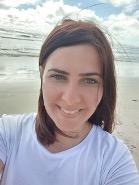 Researcher: Dr Kiymet Bozaoglu
Researcher: Dr Kiymet Bozaoglu
Research Area: Genetics
What is your role at Murdoch Children's?
I am a Team Leader in the BLC Neurogenetics group and my research focuses on understanding how our genes may be contributing to Autism Spectrum Disorder (ASD). I have developed an extensive neural stem cell modelling research program to address knowledge gaps in the field and understand the biology behind what is causing autism which can lead to better treatment strategies in the future.
I am also passionate about championing change in the Australian scientific community to increase diversity and inclusivity. I am the co-chair of the Murdoch Children's Gender Equity Committee, part of the SAGE core self-assessment team and on the executive committee for Women in Science Parkville Precinct.
What inspired you to pursue a career in science and research?
I have always found science fascinating and there is always something new to learn, discover and explore. I cannot think of another job that has the freedom and flexibility of asking a question and being able to come up with ways to answer it. I love how each day can be different in the lab. It also humbles me to know that every discovery we make in science is heading towards making a difference to others. This is what drives me to come to work every morning.
What advice do you have for younger girls and women considering a career in this field?
Follow your passion. Be curious and open to new areas. If science excites you and you are a curious person, then go for it. With any job, there are always setbacks, but you need to learn how to bounce forward and do even better things. Don’t be afraid to get out of your comfort zone, as this is where you do the most growing and learning. Having great mentors that you can turn to when you need advice/help/support is important. Also, science is collaborative, and you will work with and alongside lots of amazing and inspiring people that share the same vision. Dream big, aim high and always remember to have FUN.
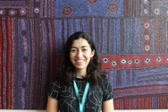 Researcher: Natalie Charitakis
Researcher: Natalie Charitakis
Research Area: Stem Cell Medecine
What is your role at Murdoch Children's?
I am a PhD student in my second year in the Transcriptomics and Bioinformatics group and the Heart Regeneration and Disease group. My research focuses on using computational analysis to better understand the genetics of childhood heart disease.
What inspired you to pursue a career in science and research?
The opportunity to constantly tackle new challenges and work in teams of very motivated and talented individuals. Working in research allows you to see things constantly evolve and improve and allows you to be a small part of the change.
What advice do you have for younger girls and women considering a career in this field?
There are so many more opportunities to pursue a career in science than you might think when you start out. Set a goal and work towards it, but don’t be deterred when plans change or the shy away from the opportunity to pursue something different than what you originally expected. Reach out to people around you and ask them to share their experiences, most are happy to offer advice.



